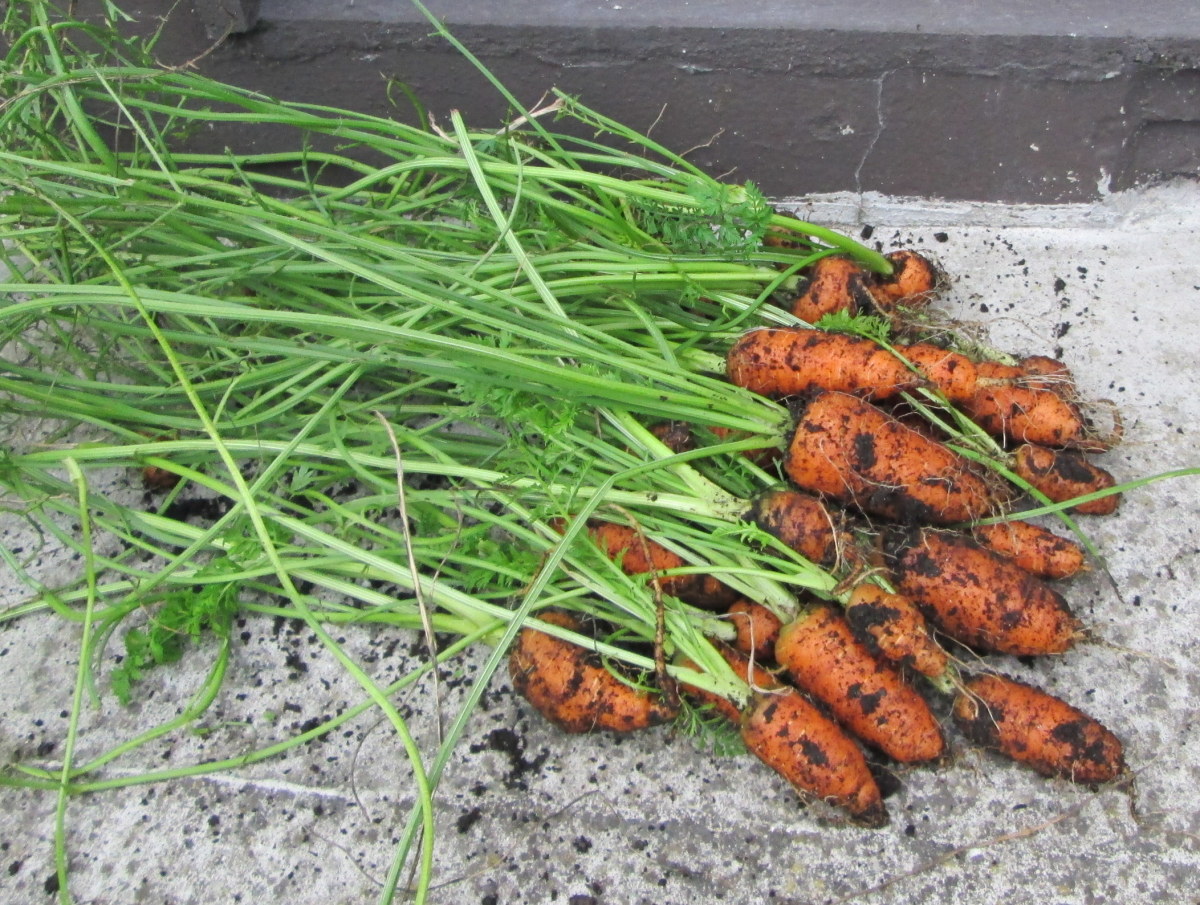Christians are called to be evangelical. Not to be evangelicals, necessarily, but to be evangelical. And that means to spread the Gospel, to tell people of the wonderful works of Jesus Christ. And that involves scattering the seed. Scattering the seed is what we do when we take the word of God, and toss it around, plant even where we don't think seed has any business being planted. We are there to make sure that the word of God is as widespread as possible.
Now, we may very well say of this seed scattering venture, that if God wants that to be done, then God himself could do it. Which of course he could. So why doesn't he? Why is it that God our Lord insists on involving us in this initiative? Well, let's dive into that from the perspective of one of the people who we know for sure was directly evangelized by God himself.
St. Paul is possibly the best and best known evangelist of all time. It was he who took the word of God and planted the seed, and planted churches, all over the known world. He underwent famine, fire, shipwreck and sword. And he did all this to spread the word of the Lord, to evangelize from near to far. But the funny thing is, that Paul was someone who was directly evangelized by God. There was no membership class with Paul, no conversation, no adult confirmation class, nothing like that. Paul, then Saul of Tarsus was knocked from his horse on the road to Damascus, and a voice came from heaven saying 'Saul, Saul, why are you persecuting me?' Paul became blinded at that point, and had to spend time listening and not getting too far. When he became a Christian it was as though scales fell from his eyes, and he was baptized.
Now, someone who had that experience, of all of us, could look at the evangelistic appeal that we receive from God, and dismiss it. After all, if God can strike me blind on the road, and turn a persecutor of the church into its strongest advocate, then why shouldn't he do that to everyone? Great question. And to answer that, I want you to think about your garden.
In your garden, you plant carrots, strawberries, tomatoes, and the like, and you tend them, care for them, and watch them grow. Day by day, you plant and water and tend to them, and they grow, you know not how. But what you do know is that your fresh garden carrots taste about a billion times better than the store bought carrots. And that's strange, because the store bought carrots are huge, thick and long. They are readily available for a cheap price, and can be obtained year round. At any moment, you can go to the store, and buy a big bag of carrots, and have so many carrots they'll start to go bad before you can eat them all. The carrots that you grow at home are so small, usually, that if you peel them there might be nothing left! So you're not growing carrots because you need the carrots, are you? You're not growing tomatoes because you can't get tomatoes otherwise - they're at the store and they\re as big as your fists. You're not growing strawberries because you can't get strawberries - the ones at the store are as big as apples, and are super plentiful. So why are you growing them? They taste better. Why do they taste better? Partially because they're fresh, yes.
But partially because they're yours.
That is, nobody feels accomplishment in driving to the store and buying carrots, but everyone feels accomplished in pulling their own fresh garden produce out of the ground. Truly, if God wished to, every knee would bow and every tongue confess that he is Lord. That's the end of the Bible, and the end of history. We're not there yet. Where we are is that we are God's workmanship, created to do good works, which he has prepared in advance for us to do. We're in the in-between, between creation and conclusion, in which God in his wisdom has chosen to have us involved with the work that he would have us do. Not because he can't do it, but because he wishes for us to be involved. It's good for us, to be honest, even if we don't think about it that way.
But ask yourself something. Is the carrot from your garden so wonderful because it's a carrot, or because it's your carrot. Is your tomato so great because it's a tomato, or because it's your tomato. And when you're called to pray with and for people, to uphold them and cherish them, when you're called upon to rejoice with them and mourn with them, and bring them to the sacraments, it means much more. This isn't every knee bowing, after all. These are the knees you care about.
.jpg/800px-Ananias_restoring_the_sight_of_st_paul_(34663925).jpg)

No comments:
Post a Comment